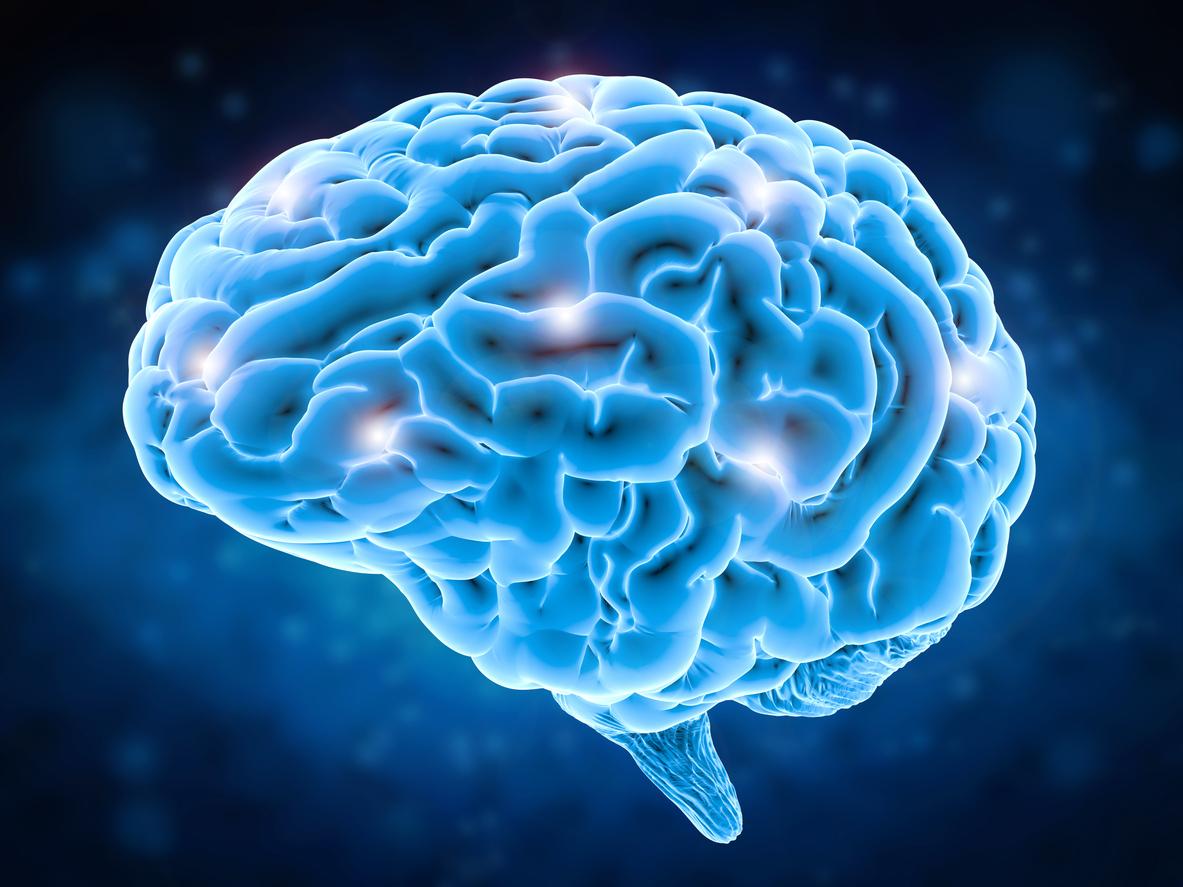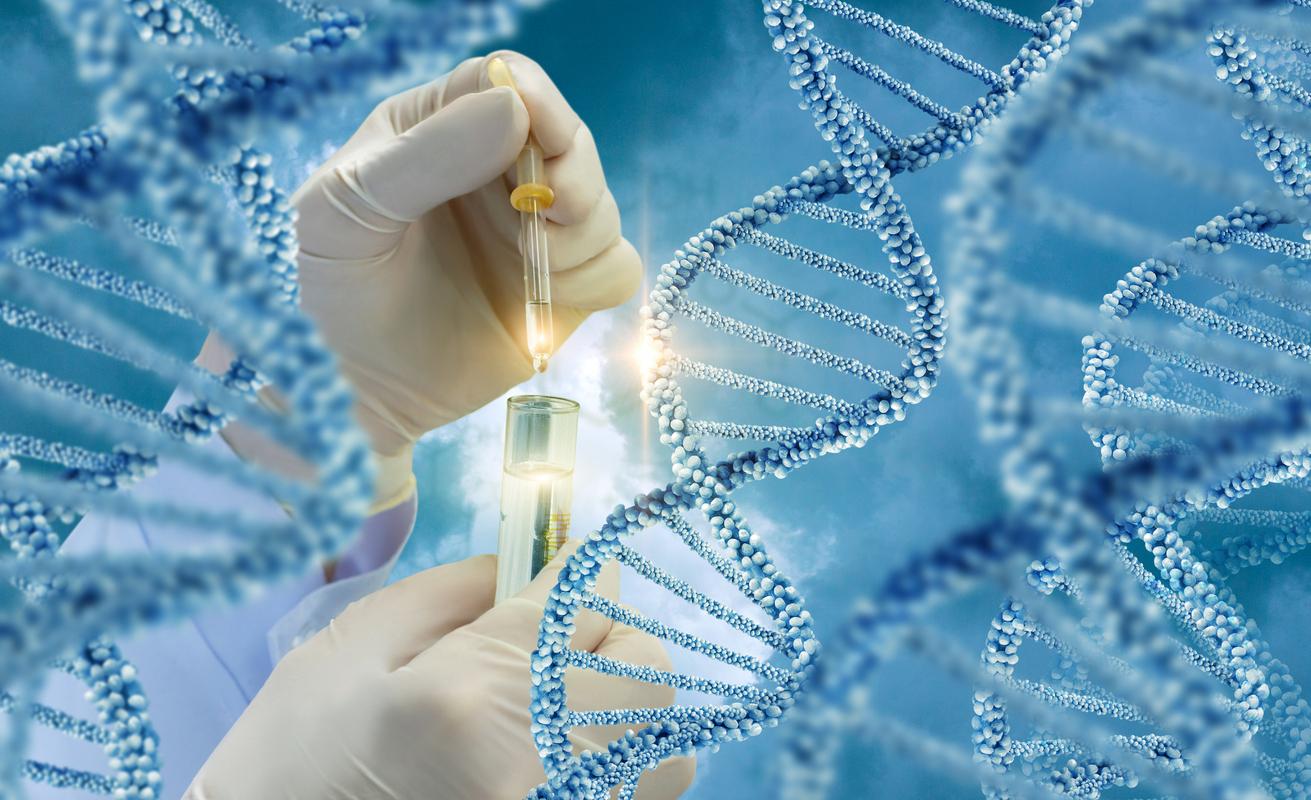Children with strong bonds with their mothers and fathers are less likely to exhibit symptoms of anxiety and depression.

In the collective imagination, fathers are considered the breadwinners of the family. As for mothers, they are seen as more involved in the daily care of children and thus closer to them. But how does bonding with both parents affect the socio-emotional and cognitive outcomes of toddlers and adolescents? This is the question asked by Or Dagan, assistant professor of clinical psychology at Long Island University Post (United States), and Carlo Schuengel, professor of clinical studies on children and families at the Free University of ‘Amsterdam (Netherlands). To answer this, they conducted a study with 29 other researchers.
How the relationship with parents affects children’s development
In a publication of The Conversation, the scientists explained their approach. In detail, they classified the attachment bonds as being strong or not. “A strong relationship with a parent reflects a child’s expectation when alarmed (such as when emotionally or physically hurt), that the parent be available and emotionally supportive. In contrast, children who are unsure of their guardians’ availability when needed are likely to have an insecure relationship with them.”
Next, the team contacted profiles they could use to systematically assess the joint effects of children’s attachment to both their mothers and fathers on a range of developmental outcomes. The authors also recruited more than twenty social scientists interested in these questions from eight different countries. Then, they compiled data collected from around the world over the past 40 years. The latter analyzed whether children’s attachment to their mother and father was a predictor of their mental health and their language skills. To do this, the researchers observed their behavior during brief separations from each parent.
Anxiety: a strong relationship with mother and father is vital to well-being
“We found that children who simultaneously had strong attachment bonds with their mothers and fathers were likely to experience fewer symptoms of anxiety and depression and demonstrate better language skills than children with no or no attachment. strong relationship within their intact two-parent family”, the teachers wrote.
According to the team, children who are very close to both parents know that they can count on them and ask them for help when they are in difficult situations. “Negative emotions can be resolved quickly and not turn into depression. (…) Children may also be more adventurous and exploratory, giving them experiences to share and talk about. They might be exposed to a range and quantity broader verbal expression skills, which would help them develop their language skills”, explained the authors.
Faced with these results, scientists emphasize that mothers and fathers play an equally important role in the education and development of children. “Children have also been shown to thrive when they develop strong relationships in nontraditional families, such as those with same-sex parents. So we hope that future research will test whether our findings apply to non-traditional two-parent families”, concluded Or Dagan and Carlo Schuengel.

















